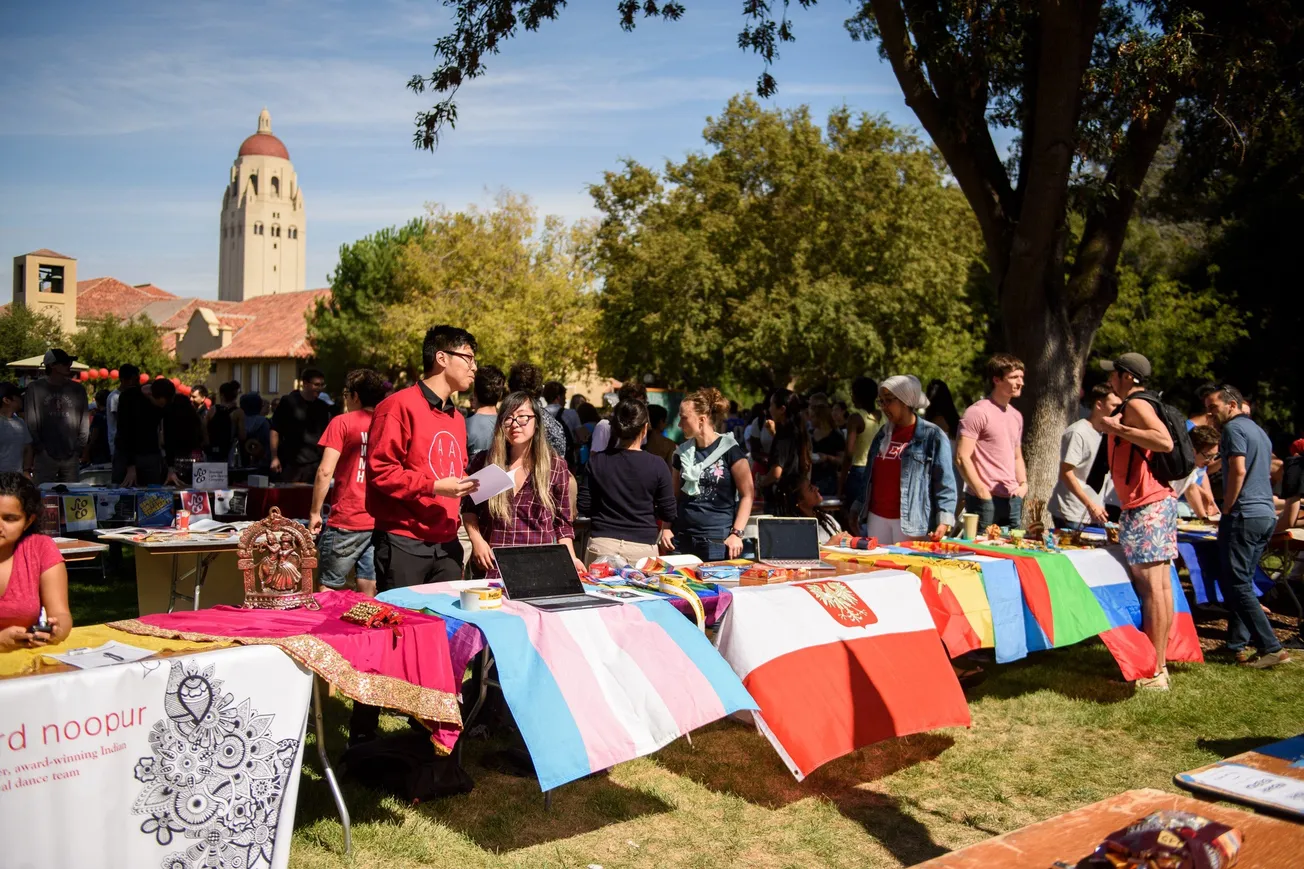Table of Contents
Last week, a nearly unprecedented event took place at the Hoover Institution. It was not a garish student protest or a floor-shaking rally, but a calm, informative debate on the Trump administration’s “maximum pressure campaign” against Iran.
The event was run by Intelligence2 (IQ2US), a nonprofit, nonpartisan organization founded in 2006 to address “the extreme polarization of our nation and our politics.”
Dr. Victor Davis Hanson and former National Security advisor H.R. McMaster argued "for" the motion, while professors Abbas Milani and Martha Crenshaw argued “against.”
IQ2 debates follow a strict formula: before the debate, the audience voted “for,” “against,” or “undecided” on the motion. Whichever team got the highest percentage of audience members to change their minds would be the winner.
Throughout the night, an IQ2 moderator ruthlessly enforced speaking time, argument relevance, and general decorum. Within this rigid structure, both sides were able to make nuanced arguments that far exceeded the form and substance of most punditry.
Milani, who lived under the Iranian regime for 30 years, argued that maximum pressure sanctions hurt the Iranian people just as much as they do their leaders, and that the policy lacks any long-term strategic goals.
Hanson and McMaster countered that Iranian government sees all American magnanimity as a weakness to be exploited. They argued that the short-term suffering created by sanctions is necessary to weaken the corrupt regime.
Both sides condemned the current regime as corrupt and agreed a nuclear Iran must be avoided at all costs.
By closing statements, the debaters had identified the root of their disagreement: Hanson and McMaster were willing to sacrifice the short-term welfare of Iranians to prevent a nuclear Iran and destabilize the current regime, while Milani and Crenshaw saw this possibility as too uncertain to justify the harm it would cause in the present.
After the final vote, Milani and Crenshaw won the night, persuading 10% of the audience to join their side compared to Hanson and McMaster’s 4%.
For the many Iranian nationals in attendance, the debate offered no clear answer as to which suite of policies would actually leave them better off. However, in our age of hyper-personal politics and “cancel culture,” this embrace of ambiguity was quietly radical.
As we head into a contentious election season and deal with the fallout of coronavirus, platforms like IQ2 are essential to combat operatic headlines and protests in favor of intelligent and civil debate.
Once we resume social gatherings of more than 10 people (an uncertain prospect!), we at the Review enthusiastically support offering more events of this style on campus in the future.









